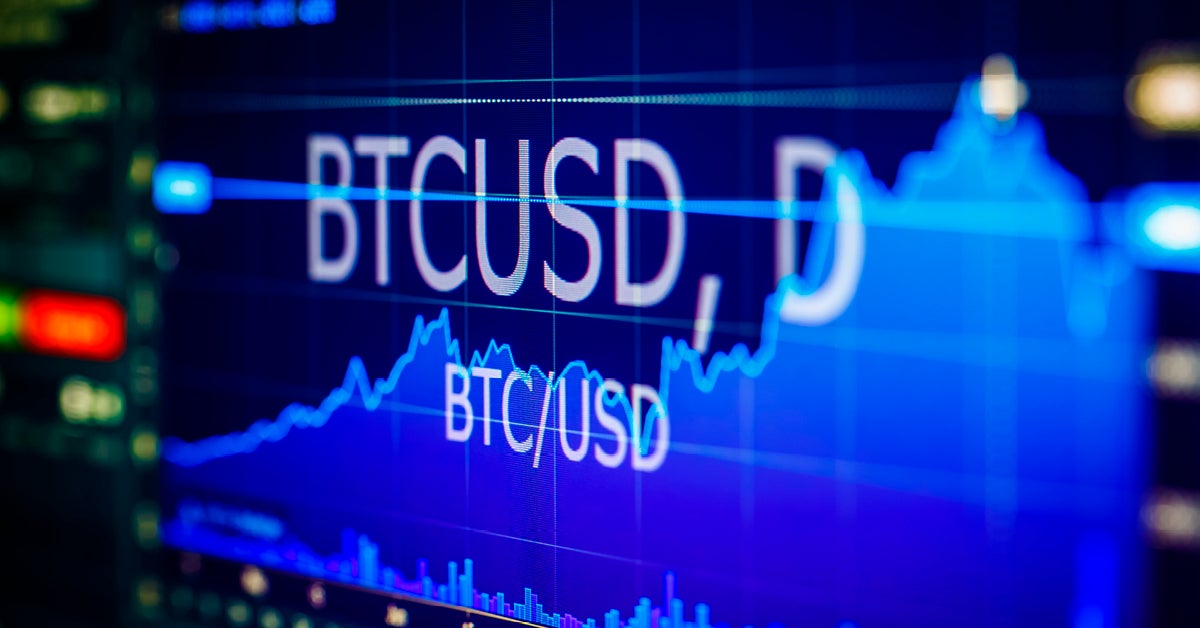What are the supply/demand characteristics of Bitcoin?

Does it have intrinsic value?
On the supply side, Bitcoin has an overall fixed (ultimate) supply of 21 million coins, a total which will not be reached until 2140. Bitcoin also has a stipulation, set forth in its source code, that it must have a limited and finite supply. The Bitcoin generation algorithm defines, in advance, how currency will be created and at what rate. For this reason, there will only ever be 21 million Bitcoins ever produced.
On average, these Bitcoins are currently introduced to the existing supply at a fixed rate of one block every ten minutes. The fact that Bitcoin has a fixed supply does not make it intrinsically valuable, as evidenced by many other assets with a fixed supply but low overall value e.g. air. Also, since Bitcoin has no “yield” comparable to the dividend or earnings yield of an equity, or the coupon of a bond, any spread differential analysis is impossible.
Attempts have been made to argue that Bitcoin has intrinsic value, with a paper from Adam Hayes in 20181 arguing that the intrinsic value of Bitcoin is the embodied costs of production. Hayes claims that because real resources are used in the production of Bitcoin (electricity, time, computational power) the coin must have value, and “according to microeconomic theory, under conditions of competition, the marginal product should equate with its marginal cost, which should also equal its selling price”.
This is mistaken; there are many seemingly productive endeavours that use real resources in production that result in worthless assets (think of all the new products that don’t succeed in the market).
Read the next article in this series, What are the attractions of owning Bitcoin?, by clicking on the link below, or by going back to the Bitcoin Hub here.


